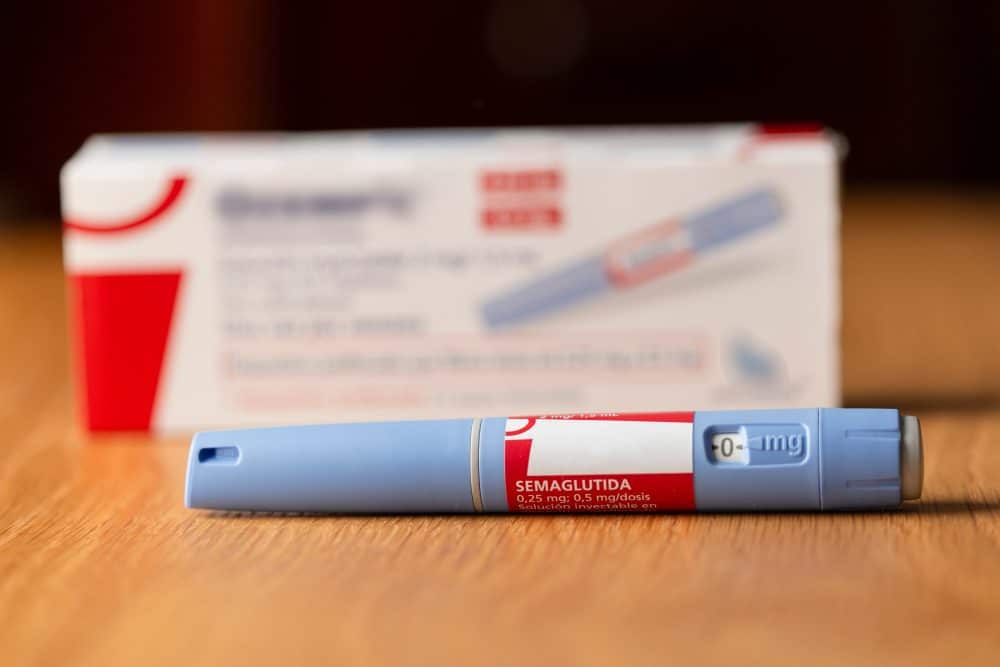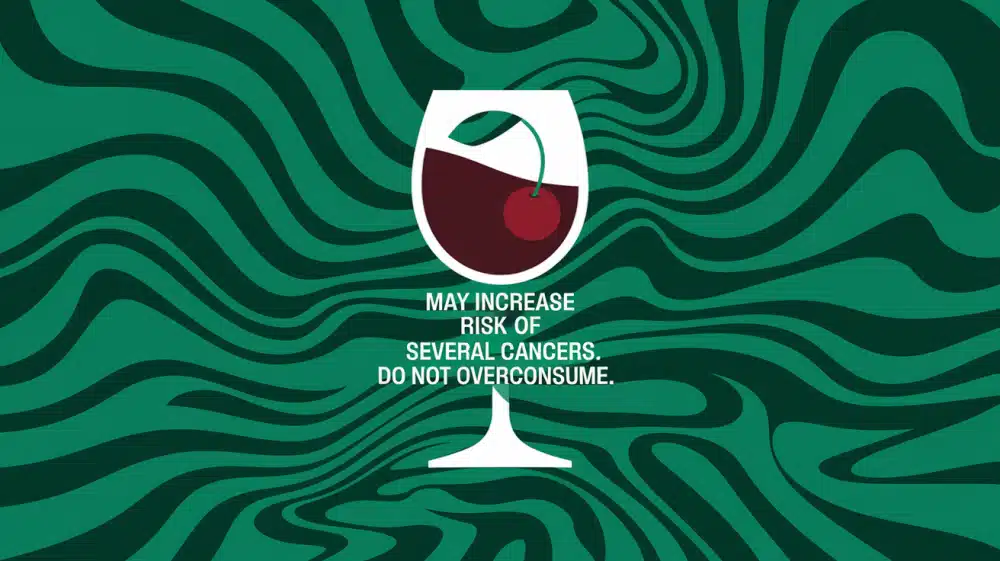Not everyone with a substance use problem will exhibit the typical signs that many might expect with alcoholism. They might appear perfectly healthy from the outside. They might keep up with their personal and professional responsibilities, pay their bills on time, and appear on top of their life but still have a problem. Even if individuals aren’t showing outward signs of a problem, they might still benefit from getting medical help. It is essential to recognize the signs of a high functioning alcoholic so that the individual can be approached and get treatment before their substance use problem reaches an even more severe level.
Signs of a High-Functioning Alcoholic
Sometimes it can be hard to tell if a loved one has a substance use disorder, especially if they hide how much or how frequently they consume alcohol. However, there are some common signs to look out for.
Denying a Problem
An individual might receive feedback or questioning from those around them about their drinking habits. If they become offended or shrug this feedback off, it can be a sign that there is an underlying issue going on. They might also deny they have a drinking problem, despite signs that it is negatively interfering with their life. They might also compare their drinking habits to other people’s in an effort to make their own habits appear not as bad.
Drinking to Cope
If the individual drinks to deal with stress or bad news, they could have a problem. The individual may rely upon alcohol to decompress and relax at the end of the day. They might even drink every time something good happens as a way of rewarding themselves.
Regretting Decisions While Drinking
An individual might embarrass themselves in front of others while drinking and regret their decisions the next day.
Lying About How Much They Drink
They might lie about how much they drink, how strong their drinks are, or how frequently they drink.
Cannot Stop Drinking
They might attempt to cut back on their drinking but struggle or fail completely.
Hiding Their Drinking
An individual might hide bottles or evidence of their drinking from those around them. They might even sneak alcohol into an event in which it wouldn’t otherwise be served.
Joking About Drinking
The individual might frequently crack jokes about their own drinking habits as a way of bringing light to the situation.
Drinking More Than Intended
The individual might drink more than they originally intended to or forget what they did while drinking.
Strain in Relationships
An individual’s drinking habits may cause strain within their marriage or other relationships.
Talking to a Loved One
If someone suspects that their loved one may have a substance use disorder, it is essential to intervene as early as possible rather than simply hoping the problem will resolve itself on its own. In many cases, an individual won’t seek help for themselves if the issue goes unaddressed. When confronting a loved one about their substance misuse, it is essential to come from a place of love and not of judgment. It is important not to use accusatory language but to simply have an open and honest conversation with the individual.
It is crucial to make it clear to the loved one that their drinking habits can have severe and even life-threatening consequences if they do not seek help. They should encourage the individual to speak to their primary care provider or a counselor to help determine why they feel the need to drink and get any necessary treatment.
Even if talking to a loved one is coming from a place of love and care, the individual might still respond negatively or become angry and defensive. The family member should not give up trying to seek help for their loved one but should continue to help them realize the dangers of their actions.
How to Help a Loved One With a Problem
Even if a loved one is still on the fence about getting help, their family members can still help them see what resources are available. For example, they can recommend local in-patient or outpatient detox centers to assist the individual with the first step towards recovery. They can also inform them of support groups such as Alcoholics Anonymous, SMART Recovery, or Women for Sobriety that can be beneficial to them.
Family members should remember that it is not their fault if their loved one denies help and that it is up to the individual themselves to take the first step towards recovery.
Just because someone doesn’t show the traditional signs of alcoholism doesn’t mean that they don’t have a substance use disorder and can benefit from medical treatment. While it can be challenging to identify a high-functioning alcoholic, there are some signs to look out for. For example, if the individual jokes about their drinking habits, hide how much they drink or becomes defensive if they are questioned about their drinking habits, they may have a problem. Additional signs could be trying to cut back their drinking but struggling to or frequently embarrassing themselves after drinking too much.
If you think your loved one has a problem, the best thing to do is confront them in a caring and compassionate way. Without showing any judgment, help the individual see the consequences of their behavior if they continue this habit. At Gallus Medical Detox Centers, we can help you or your loved one take the first step towards recovery.
Gallus Detox takes information integrity seriously. We have strict content guidelines in place that rely on peer-reviewed studies, academic research institutions, and medical associations for our sources. We do not use tertiary references as sources of information. We know that the internet is full of opinions, it is our top priority to ensure all of our published content is factual, science based, and medically reviewed by a doctorate level clinician to ensure medical accuracy.
-
Alcohol use disorder. (n.d.).
niaaa.nih.gov/alcohol-health/overview-alcohol-consumption/alcohol-use-disorders -
Drinking levels defined. (n.d.).
niaaa.nih.gov/alcohol-health/overview-alcohol-consumption/moderate-binge-drinking -
Mayo Clinic Staff. (2015). Alcohol use disorder: Definition.
mayoclinic.org/diseases-conditions/alcohol-use-disorder/basics/definition/con-20020866 -
Mayo Clinic Staff. (2015). Alcohol use disorder. Preparing for your appointment.
mayoclinic.org/diseases-conditions/alcohol-use-disorder/basics/preparing-for-your-appointment/con-20020866


 Steve B
Steve B 
